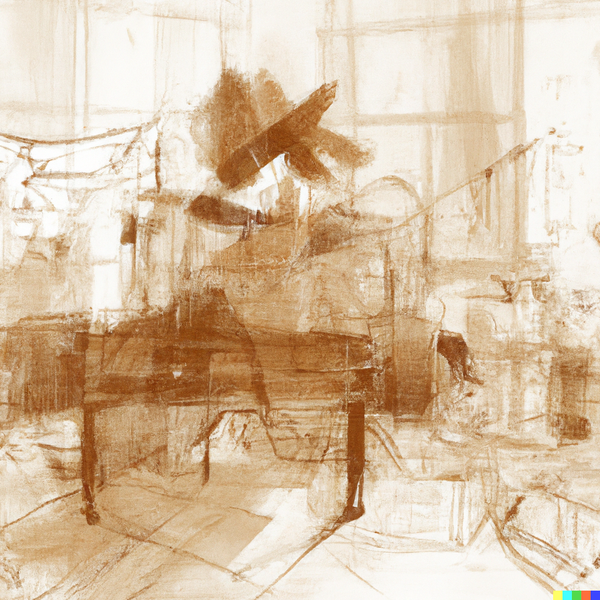![[Timelapse] Using ChatGPT to Code a Audio Player in Swift](/content/images/size/w600/2023/11/-YouTube-Thumbnail.png)
timelapse
[Timelapse] Using ChatGPT to Code a Audio Player in Swift
I know very little about Swift development. Here's how I used ChatGPT to help me code an audio player, a second screen with textbox functionality, and a timer in ~30 minutes.
![[Timelapse] Using ChatGPT to Code a Audio Player in Swift](/content/images/size/w600/2023/11/-YouTube-Thumbnail.png)
timelapse
I know very little about Swift development. Here's how I used ChatGPT to help me code an audio player, a second screen with textbox functionality, and a timer in ~30 minutes.

instabram
the daily energy management struggles

instabram
You go Ro coco

instabram
Where do you see yourself in four months?

music
Hearthstone Battlegrounds has this knack, it's sticky.

instabram
and perhaps a discord was born?

instabram
Out-of-towners often mistake Manhattan as the whole of NYC, I feel.

quoordinates
An AI agent for book highlights with embeddings